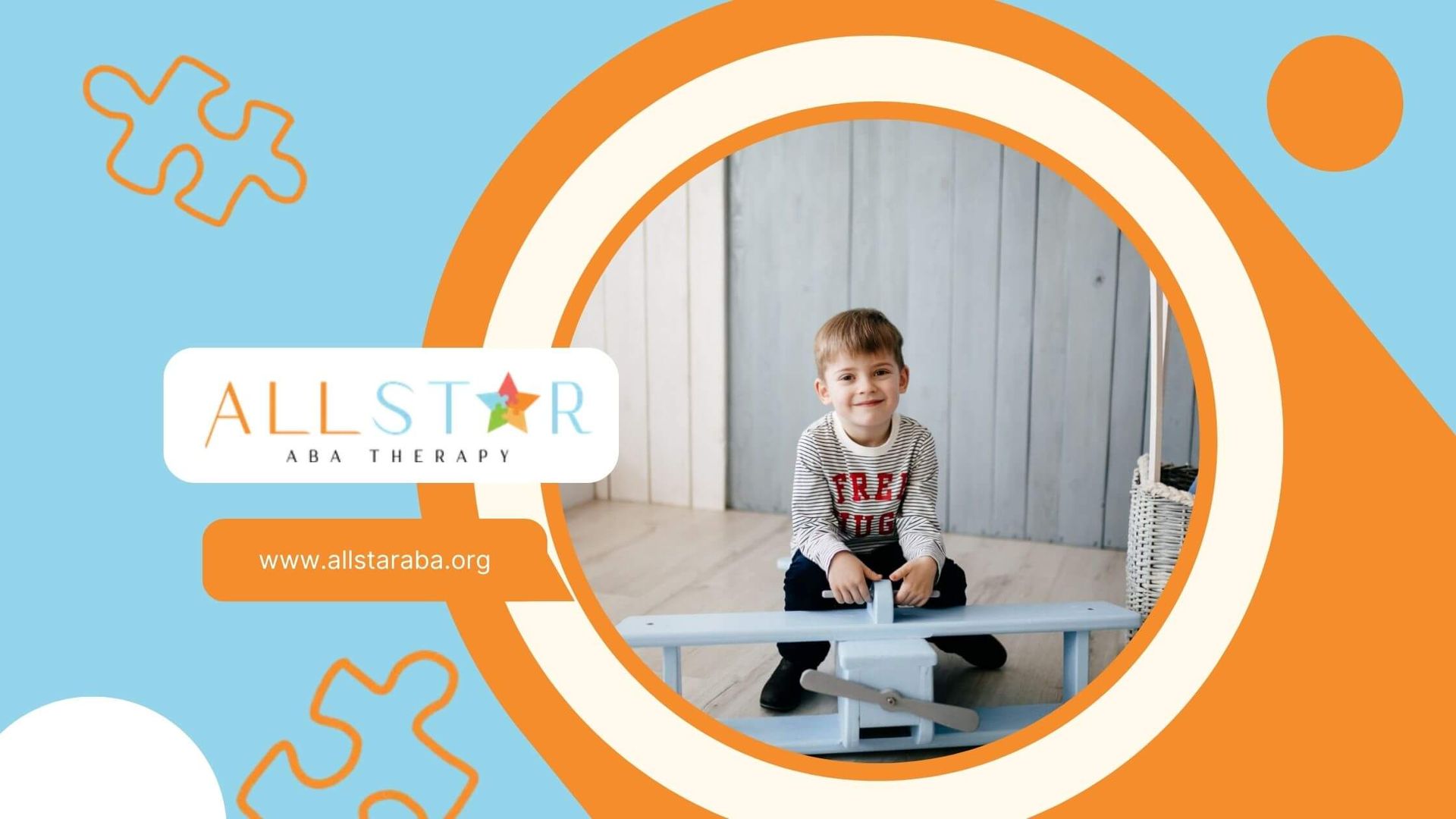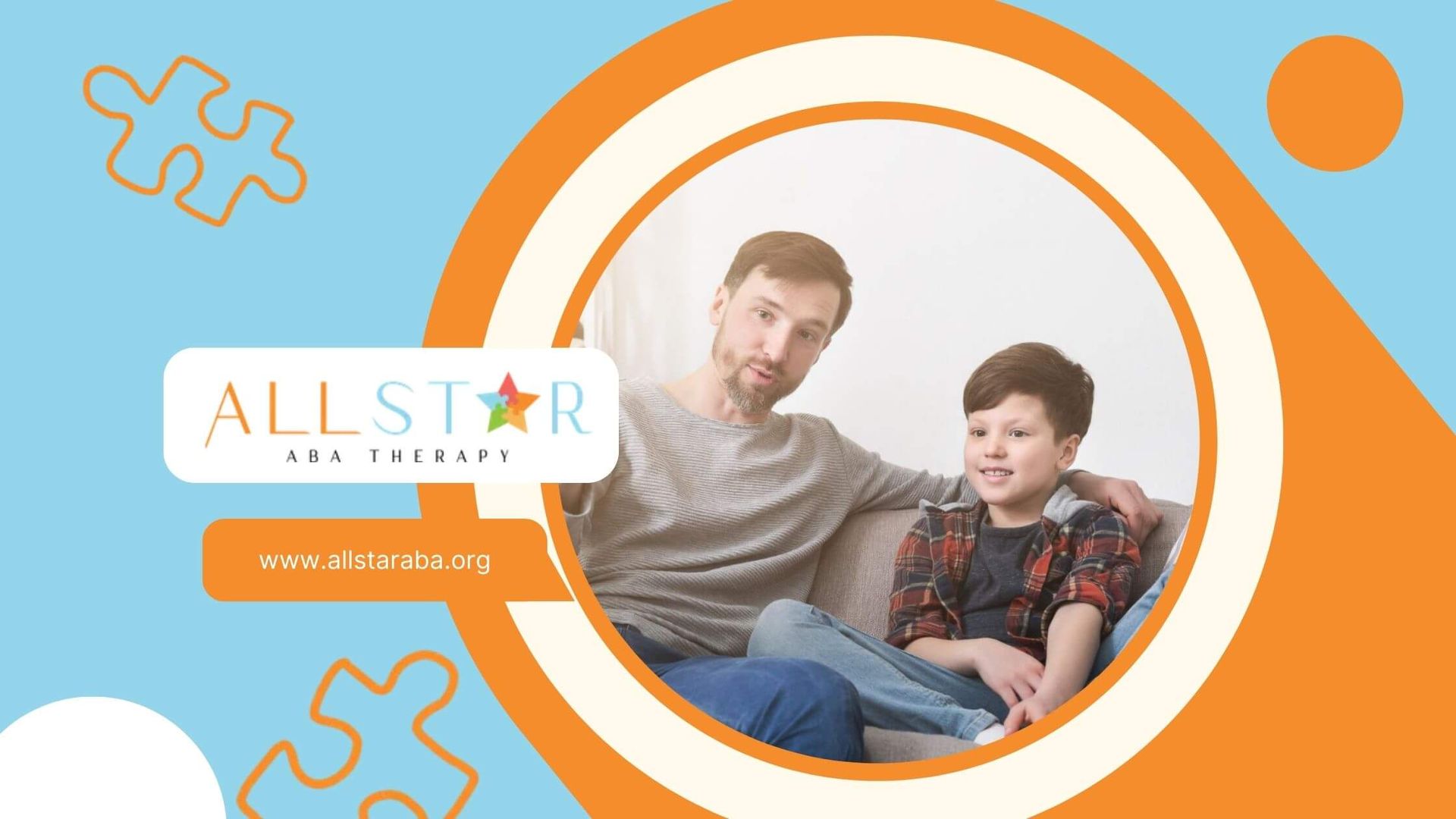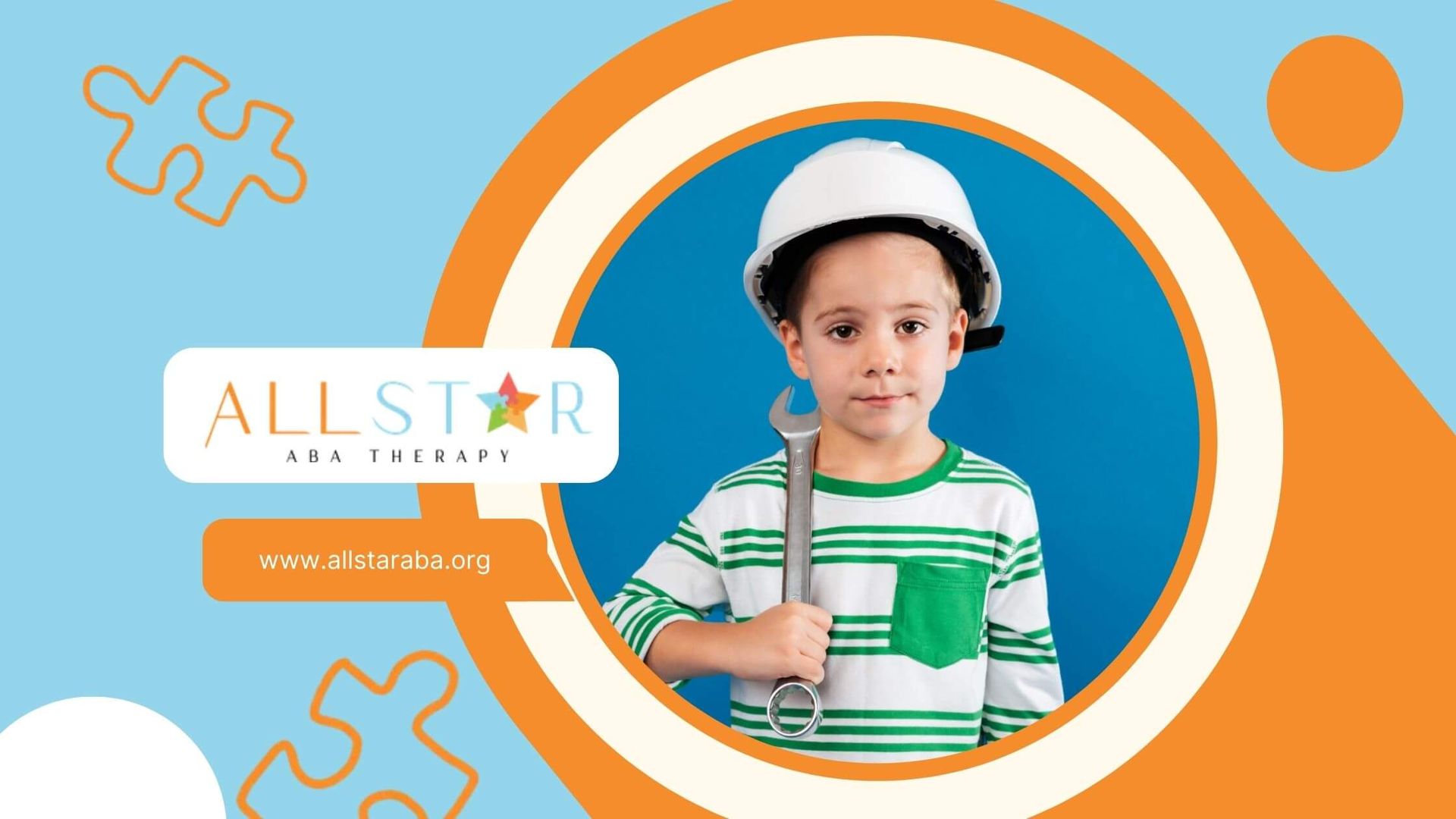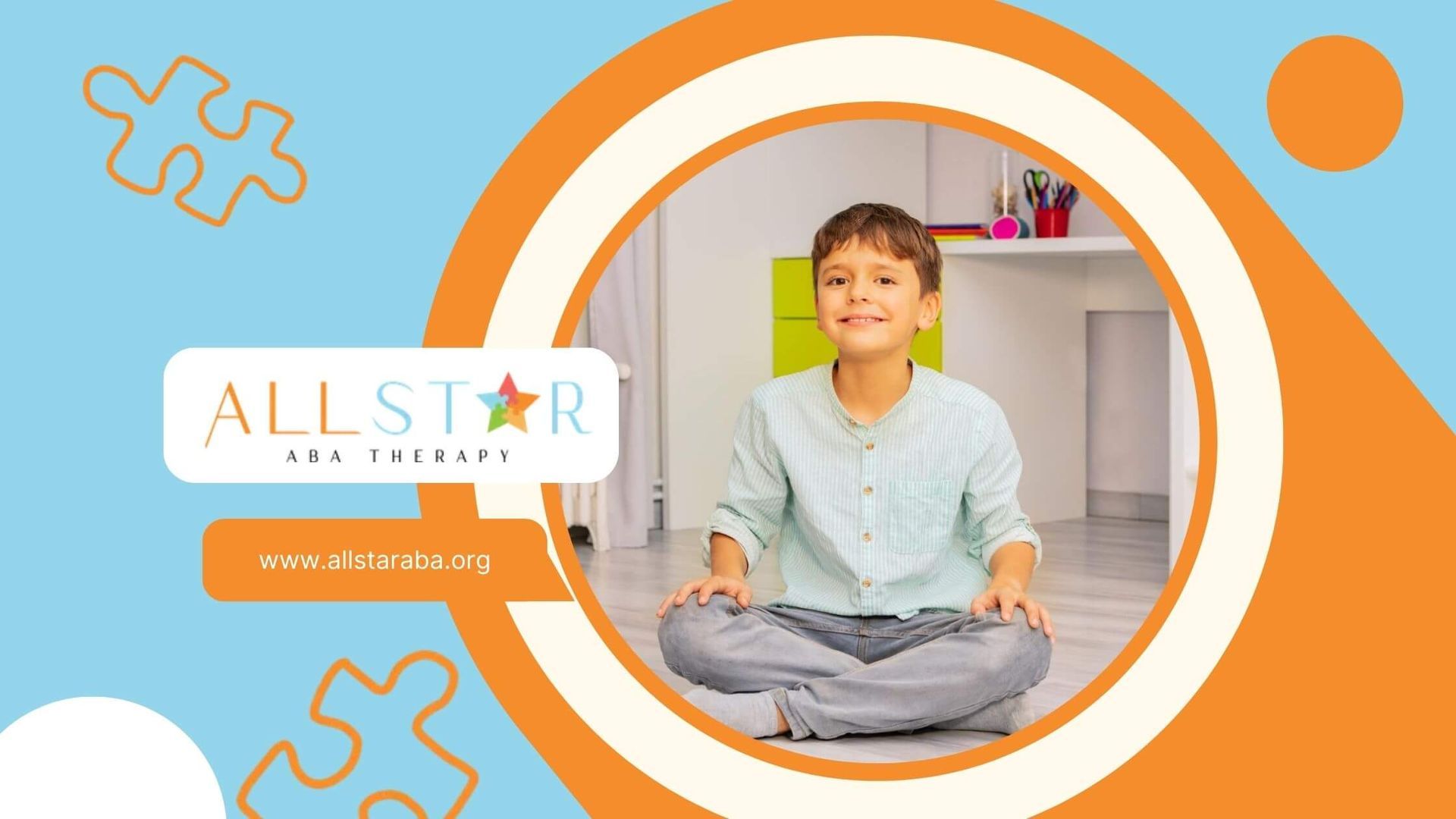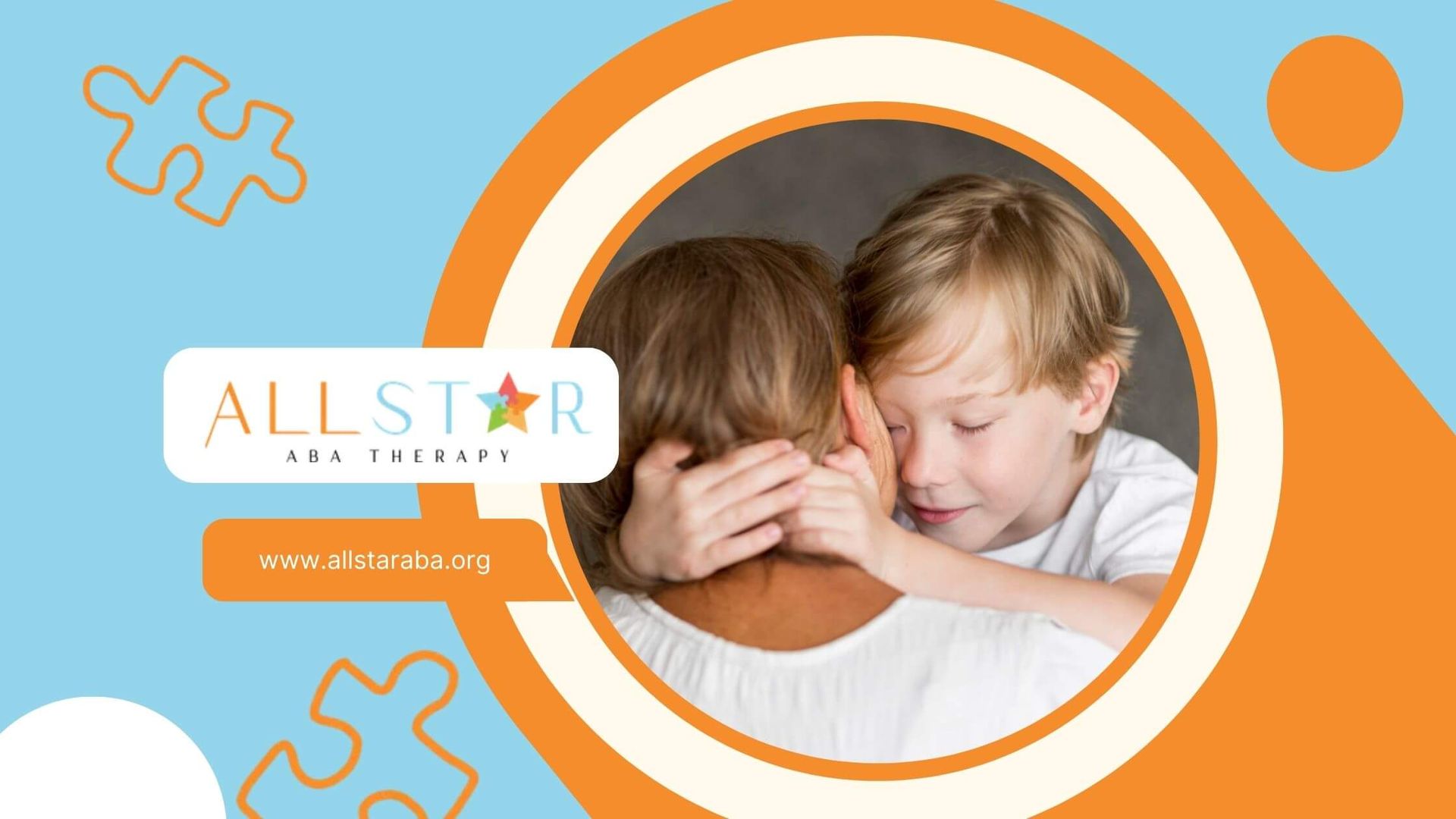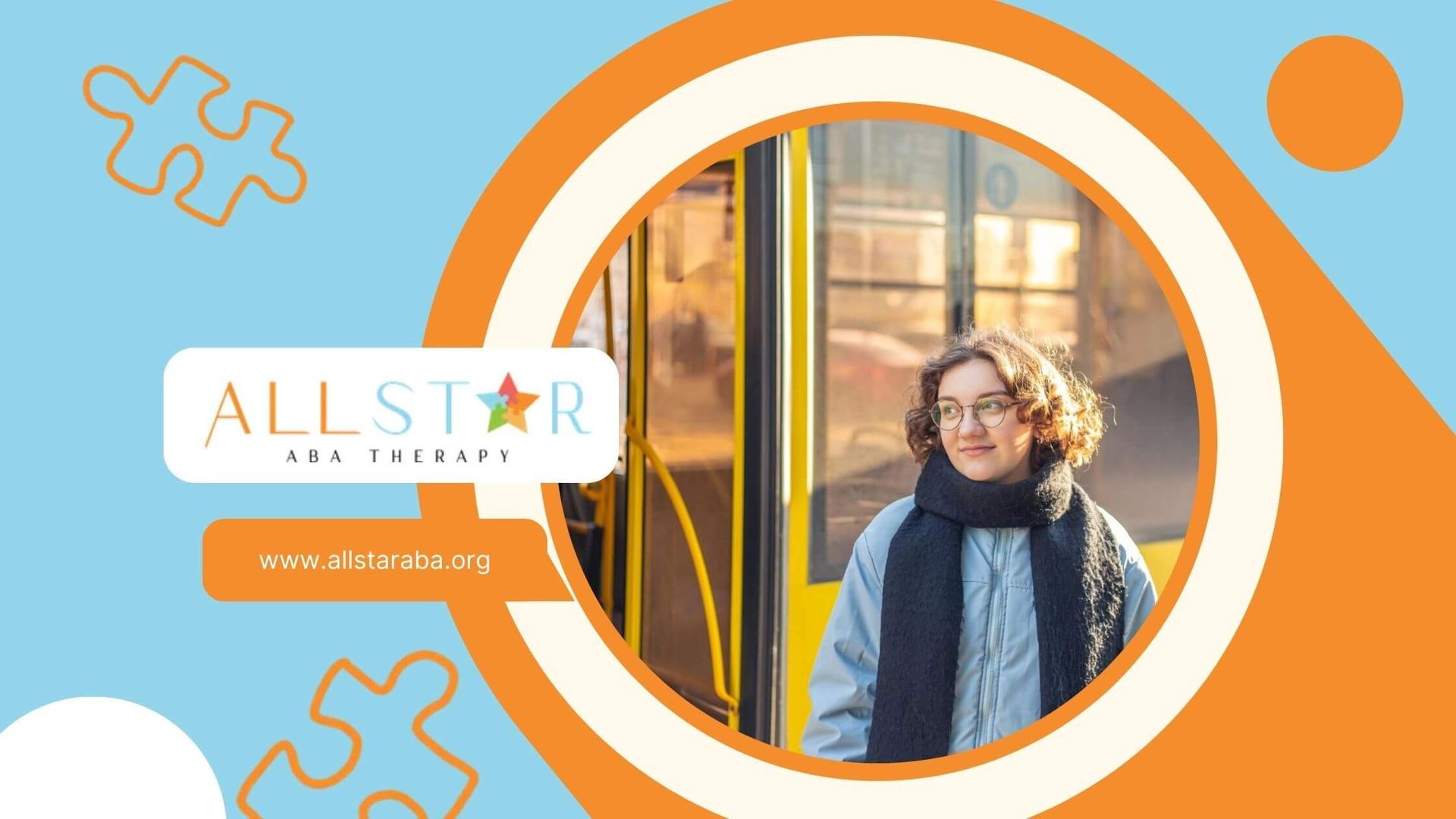New Paragraph
Effective Ways to Teach a Second Language to Autistic Children
Teaching a second language to an autistic child can be both rewarding and challenging. With the right approach, children on the spectrum can successfully become bilingual. The key lies in using structured, consistent, and individualized methods.
Start by understanding the child’s communication strengths. Some autistic children are more visual, while others respond better to auditory input. Using tools like flashcards, visual schedules, and videos can help make learning more engaging. Repetition and routine are also essential, as they create a sense of predictability that supports language retention.
Incorporate the second language into daily routines. For example, label household items in both languages or sing bilingual songs during playtime. Use clear, simple language and model short sentences to avoid overwhelming the child. Celebrate small milestones and be patient—every child progresses at their own pace.
Collaboration is key. Parents, therapists, and teachers should work together to create a consistent language environment. Speech therapists with experience in bilingual development and autism can provide valuable strategies tailored to the child’s needs.
Remember, the goal isn’t fluency overnight—it’s building confidence and communication skills step by step. With love, consistency, and support, learning a second language can be a fun and enriching journey.
Our tailored strategies help autistic children learn a second language through fun, structured, and supportive methods. With expert guidance and a focus on your child’s unique strengths, we make bilingual learning a rewarding journey for the whole family. Contact us today to learn how we can support your child's development.
Frequently Asked Questions (FAQs)
1. Can autistic children learn a second language?
Yes, with the right support and methods, many autistic children can learn a second language.
2. When should I start teaching a second language?
The earlier, the better — but it’s never too late to start.
3. Will learning two languages confuse my child?
No. Research shows bilingualism does not confuse autistic children and may even support cognitive development.
Need Support?
We're Here to Help!
Our experienced team is ready to assist you. Reach out today to discuss how we can support your child's development and well-being.
Get started with expert ABA therapy today.



